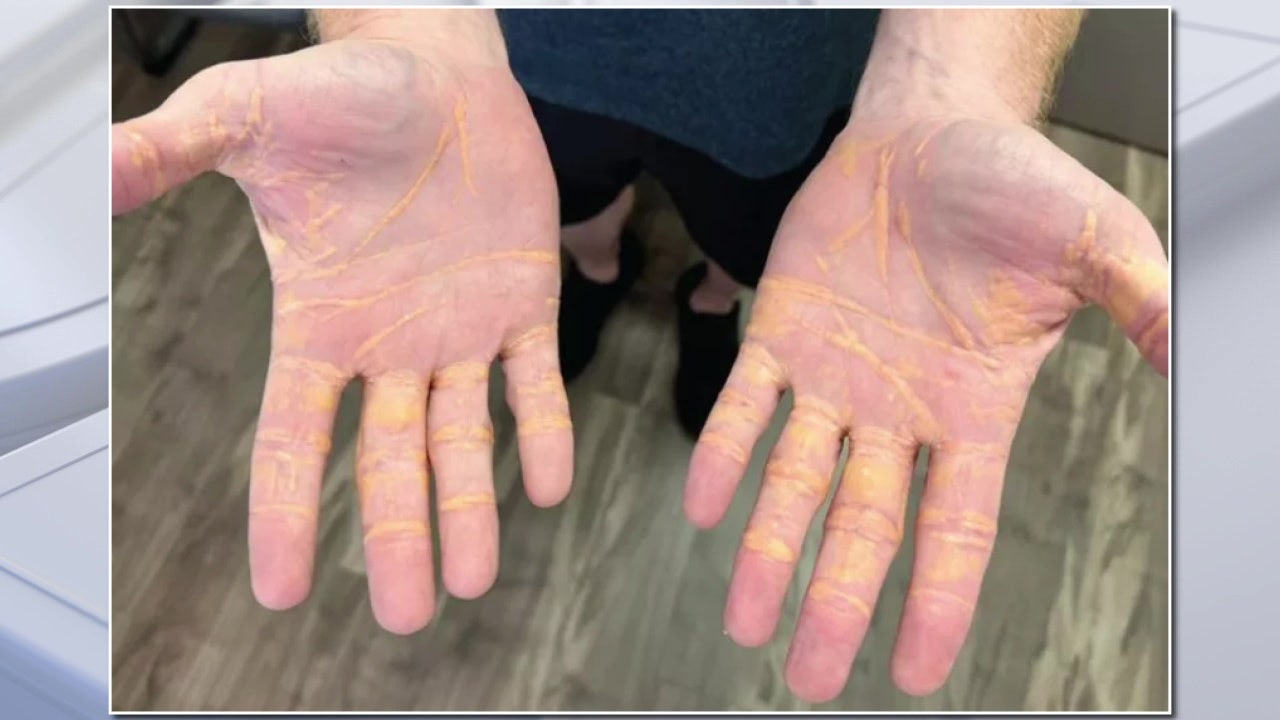cross-posted from: https://feddit.uk/post/23613852
A man who told doctors he ate nothing, but 6–9 pounds of butter, cheese and hamburgers every day for eight months ended up at Tampa General Hospital with yellowish lumps of cholesterol developing on parts of his body.
The backstory: According to JAMA Cardiology, a man, who is only identified as being in his 40s, told doctors that he got diet advice from the internet and began following an extreme carnivore diet.
For eight months, he only ate 6–9 pounds of butter, cheese and hamburgers a day. He stopped eating all carbohydrates, such as bread and sugar.
At first, he said he felt great. He lost weight, became more energetic and had more mental clarity.
But after about eight months, he started developing yellow lesions on his eyelids. Over the next month, the yellow lesions appeared on the palms of his hands, the soles of his feet and his elbows.
Doctors diagnosed him with xanthelasma, a rare condition that impacts about 1% of patients with high cholesterol.
Dig deeper: Xanthelasma is yellow raised deposits of cholesterol that appear under the skin because the body cannot process it.


Exactly, when your wife realised she needs to slightly alter her diet she altered it, within her chosen confines, not doubled down and continued as her health declined.
Anything can be bad if you overdo it and ignore the warning signs. I bet even this Carnivore diet can be done in a relatively healthy way, with alterations made along the way.
No? You actually require plant matter in your diet if you want to live a normal life span. When the Inuit, who traditionally had a meat based diet, were connected with modern society and canned plant foods theor average life span increased decades.
Ypu don’t need meat in your diet but you do need plants.